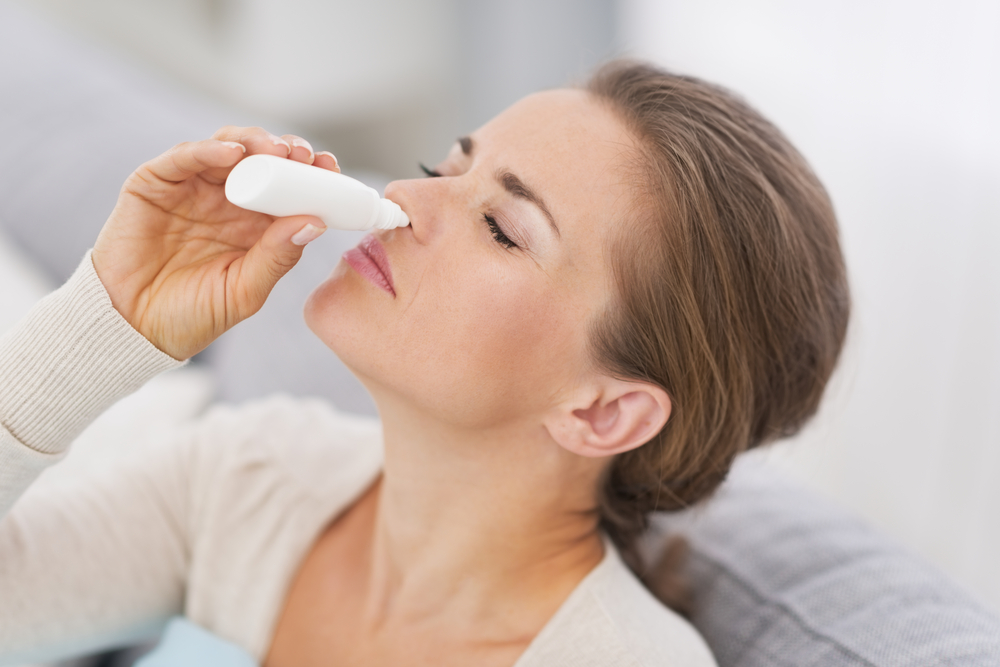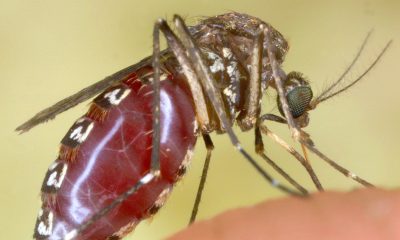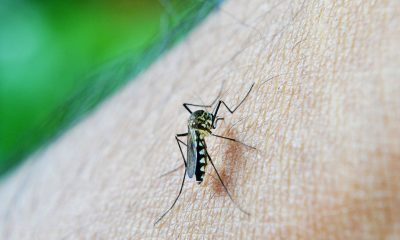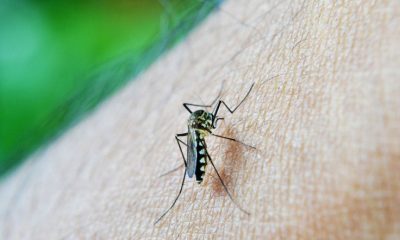A prevention tool for all known COVID-19 virus strains? Scientists recently developed a molecule that’s “extremely effective” in preventing the disease caused by all known variants of the SARS-CoV-2 virus when administered nasally.
In a study published in Nature Communications, researchers at the University of Helsinki in Finland introduced a new molecule they developed called TriSb92.
Through laboratory animal models, the group confirmed that the molecule could provide protection against the novel coronavirus. It does so by identifying a region in the spike protein present in all known variants of the virus and inhibiting its functioning.
The research team noted that the molecule was effective in preventing infection even after a few hours of exposure when sprayed into the nose. This makes it more effective than face masks.
“When administered nasally, the TriSb92 molecule is extremely effective in preventing infection, and experiments carried out in cell cultures indicate that it also encompasses the very latest variants, including XBB, BF7 and BQ.1.1,” Anna R. Mäkelä, a postdoctoral researcher from Professor Kalle Saksela’s research group, said in a press release.
In the published study, the team recognized that the success of the current SARS-CoV-2 vaccines is constantly challenged by the emergence of new variants with strong resistance against neutralizing antibodies.
“Since the nasal epithelium of the respiratory tract is the first dominant replication site of SARS-CoV-2 preceding virus transport into the lung, intranasal administration of SARS-CoV-2 neutralizing agents poses an attractive prophylactic concept,” they added.
The worst stage of the COVID-19 pandemic may be over for the time being, but the medical community should be prepared for the possible spread of the coronavirus in the future. That’s why the research team developed a new approach for preventing future transmissions.
“The latest variants effectively avoid the immune protection provided by both vaccines and the COVID-19 disease, and current vaccines are not effective in preventing transmission,” Mäkelä noted.
In nasal spray form, the molecule remains viable at room temperature for at least 18 months. The researchers said this would be handy for people who do not gain sufficient immunity from the vaccines and those who are immunocompromised and belong to the elderly age group.
However, the molecule should be tested in clinical trials first. If it shows the same efficacy, it could be made commercially available.
















